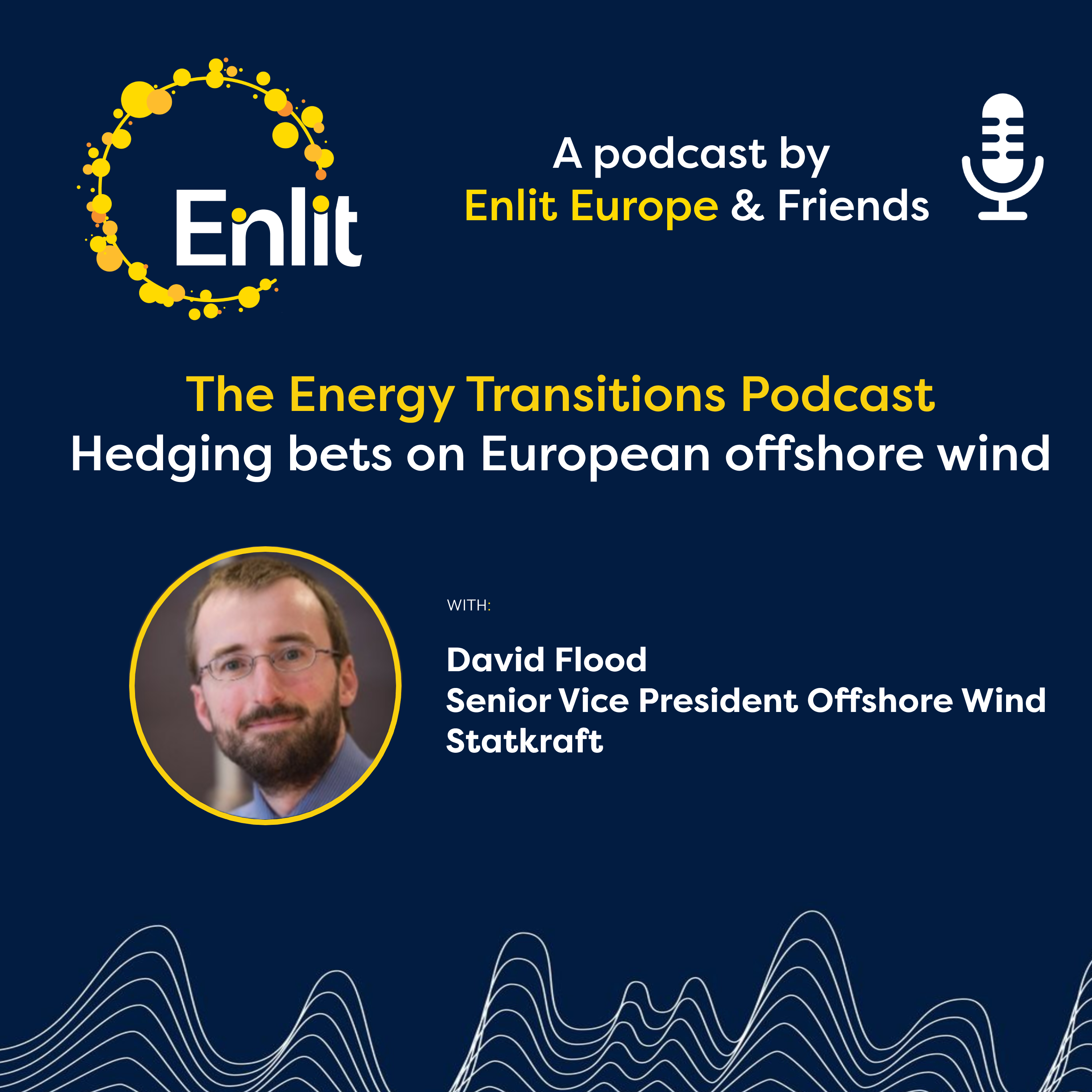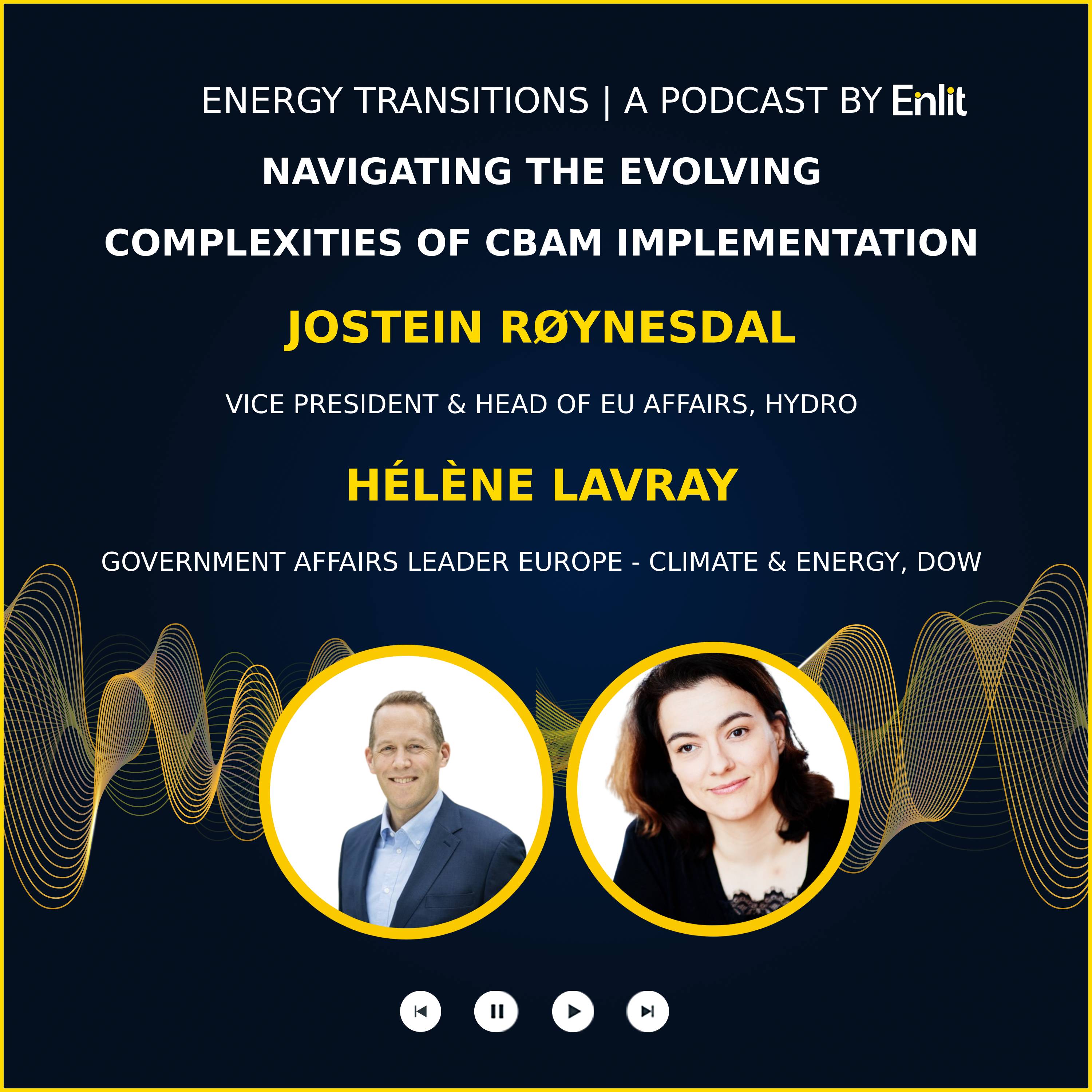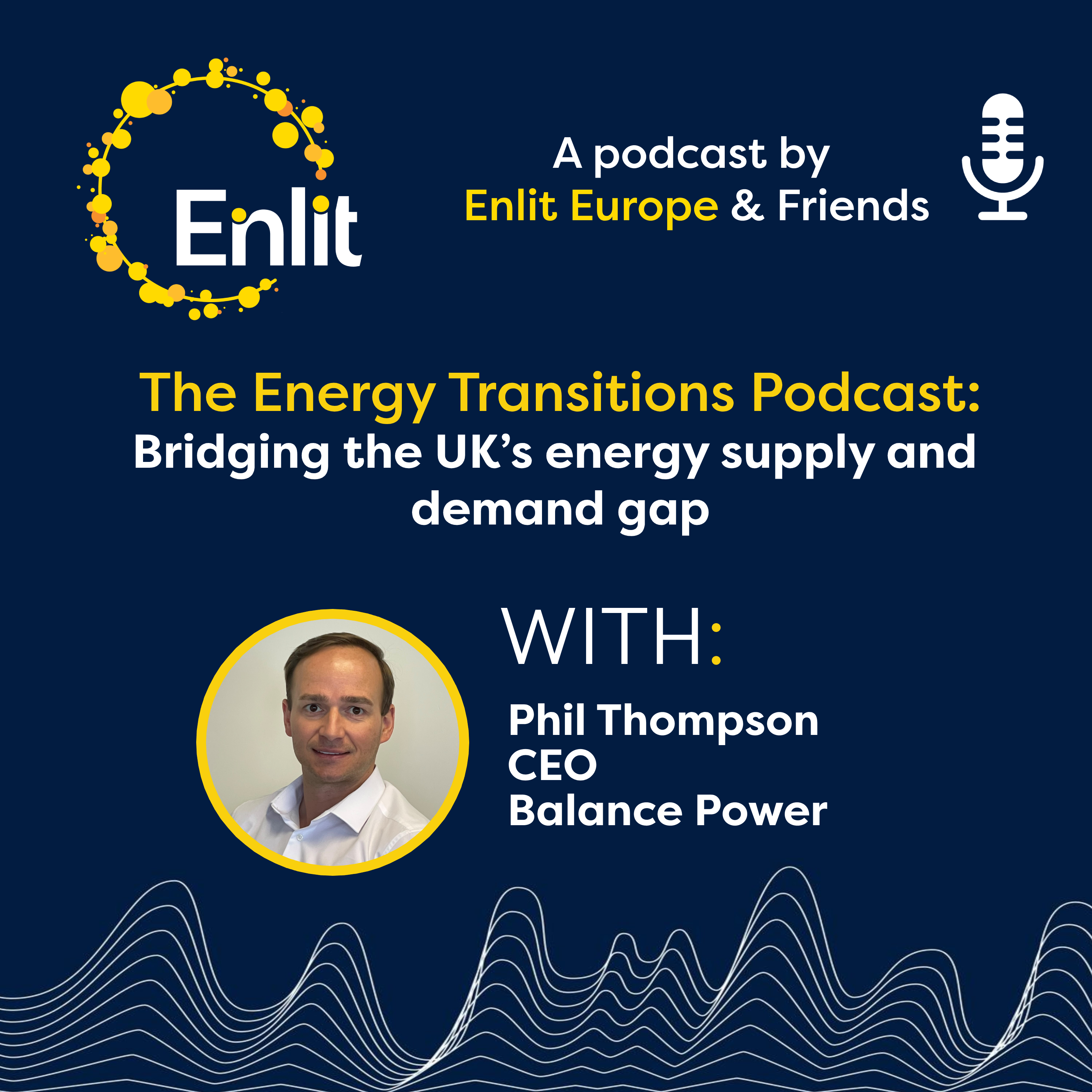Home to one of the most diverse marine energy testing facilities in the world, the Orkney Islands are a picture of natural beauty, as well as green energy innovation.
The European Marine Energy Centre (EMEC) began testing technology in 2004 and since then, the Centre and the industry have developed in leaps and bounds.
In this episode of the Energy Transitions Podcast, Pamela Largue speaks to Neil Kermode, Managing Director of the European Marine Energy Centre (EMEC), about the origins of tidal and wave energy and how EMEC has played a role in the development of the marine energy sector.
"People realised the best way to try and bring an industry forward is to have a test centre where you can get ideas out of the lab or out of the bathtub and get them to into saltwater..."
In the 20 years that the test centre has been functioning, 35 different types of technology from 22 different developers across 11 countries have graced the waters around Orkney.
The centre has seen a great deal of progress. One of the first milestones saw the world's first floating deepwater offshore wave machine generate power into a national grid. EMEC has also been making hydrogen from power generated by an Orbital Marine turbine and is generating synthetic fuels using air-captured carbon, something that holds great promise for aviation.
Listen to this episode to hear what's next for tidal and wave energy.

Northern Europe, also known as the cradle of offshore wind, is one of the most attractive areas because of it shallow waters, wind speeds,...

To unpack how CBAM works and explore whether its design is truly fit for purpose, Pamela Largue spoke with Jostein Røynesdal, Vice President and...

With the increase in wind and solar generation, guaranteeing adequate system flexibility is vitally important to ensure sufficient capacity to cover demand. Phil Thompson...